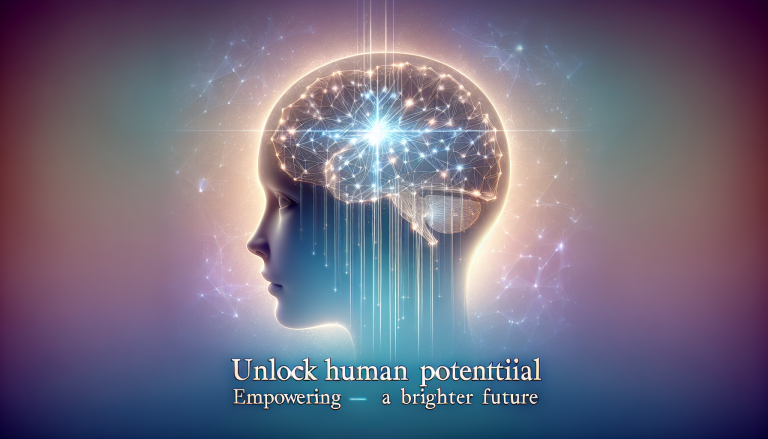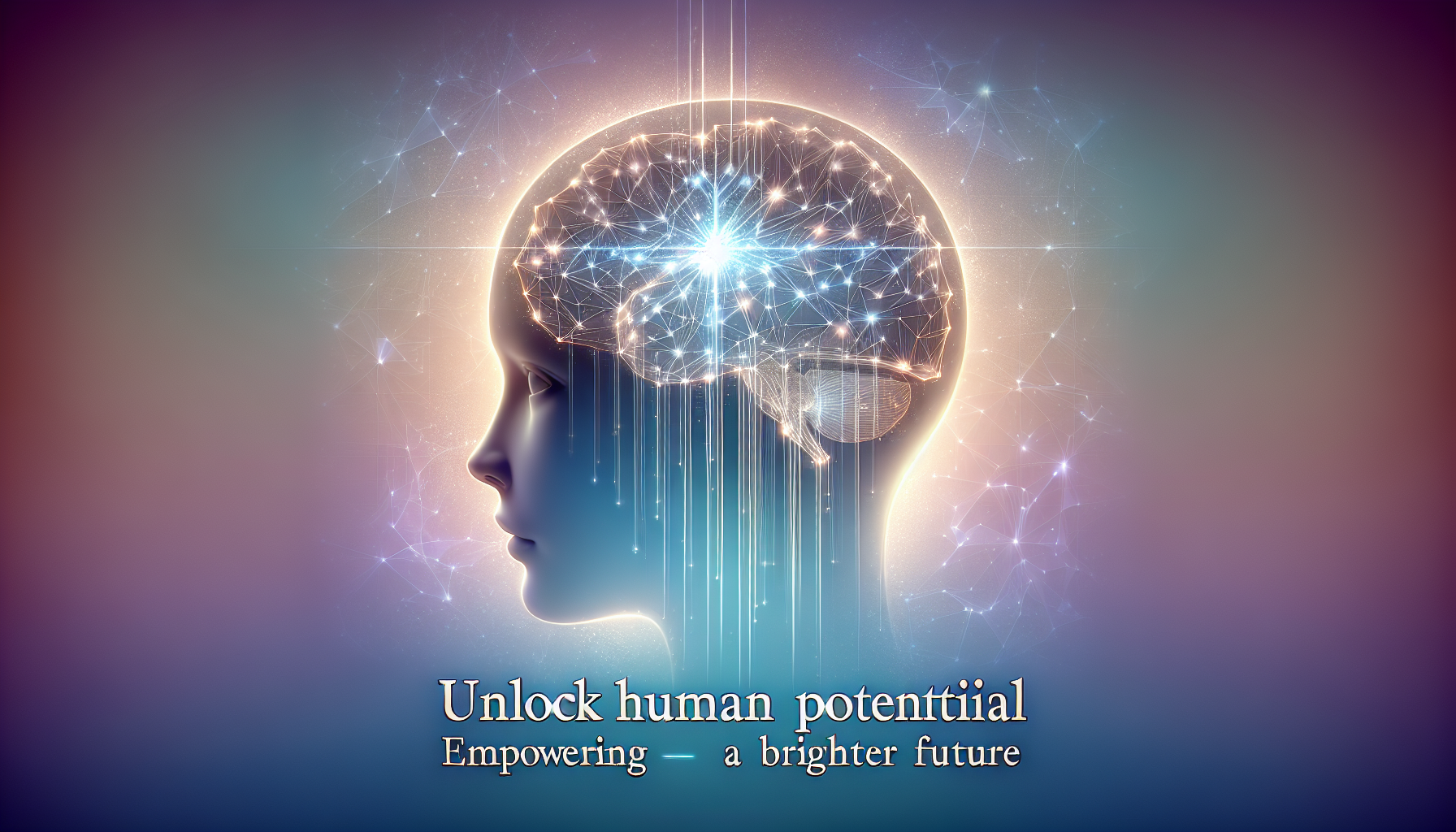The Future of AI: Unlocking Human Potential with Cutting-Edge Technology
The world of Artificial Intelligence (AI) has come a long way since its inception. What was once considered the realm of science fiction is now a reality, transforming the way we live, work, and interact with one another. As we continue to push the boundaries of innovation, AI has become an integral part of our daily lives, revolutionizing industries and improving the human experience.
At the heart of this technological revolution is the concept of machine learning language models. These sophisticated algorithms have the ability to learn from vast amounts of data, allowing them to improve their performance over time. This has led to significant breakthroughs in areas such as natural language processing, computer vision, and predictive analytics.
One of the most exciting applications of machine learning language models is in the field of customer service. Companies are now using AI-powered chatbots to provide 24/7 support to their customers, answering queries and resolving issues in a timely and efficient manner. This not only improves the customer experience but also reduces the workload for human customer support agents, allowing them to focus on more complex and high-value tasks.
Another area where machine learning language models are making a significant impact is in the field of healthcare. AI-powered systems are being used to analyze medical images, diagnose diseases, and develop personalized treatment plans. For example, Google’s AI-powered LYNA system has been shown to be highly effective in detecting breast cancer from mammography images, with a high degree of accuracy and sensitivity.

But AI is not just limited to these applications. It has the potential to transform entire industries and revolutionize the way we live and work. As AI continues to evolve, we can expect to see significant advancements in areas such as transportation, energy, and education.
For instance, AI-powered self-driving cars are being developed by companies such as Waymo and Tesla, with the goal of reducing accidents and improving road safety. These vehicles use a combination of sensors, cameras, and machine learning algorithms to navigate roads and avoid obstacles, making them a safer and more efficient mode of transportation.
Similarly, AI-powered smart grids are being developed to optimize energy distribution and consumption. These systems use advanced algorithms to predict energy demand and adjust supply accordingly, reducing waste and improving efficiency.
As AI continues to advance, it is essential that we consider the ethical implications of its development and deployment. As AI becomes increasingly integrated into our daily lives, we must ensure that it is used in a way that is transparent, accountable, and respectful of human values.
As the renowned AI researcher, Fei-Fei Li, once said, “AI is not just about building machines, it’s about building a better world for humans.” This quote highlights the importance of considering the human impact of AI and ensuring that its development is guided by a commitment to ethics and social responsibility.
In conclusion, the future of AI is bright, with significant advancements expected in areas such as machine learning language models, customer service, healthcare, transportation, energy, and education. As we continue to push the boundaries of innovation, it is essential that we prioritize ethics and social responsibility, ensuring that AI is developed and deployed in a way that benefits humanity as a whole.
The key to unlocking the full potential of AI lies in its ability to learn from data and improve over time. As we continue to collect and analyze vast amounts of data, we can expect to see significant breakthroughs in areas such as natural language processing, computer vision, and predictive analytics.
One of the most exciting areas of research is in the field of multimodal learning, which involves the integration of multiple data sources, such as text, images, and audio, to improve AI performance. This has the potential to revolutionize areas such as speech recognition, image classification, and natural language processing.
As we move forward, it is essential that we prioritize collaboration and open communication between researchers, developers, and policymakers. By working together, we can ensure that AI is developed and deployed in a way that benefits humanity as a whole.
Ultimately, the future of AI is not just about technology; it’s about people. It’s about creating a world where humans and machines work together to improve the human experience. As we continue to push the boundaries of innovation, we must prioritize ethics, social responsibility, and human values, ensuring that AI is developed and deployed in a way that benefits humanity as a whole.



